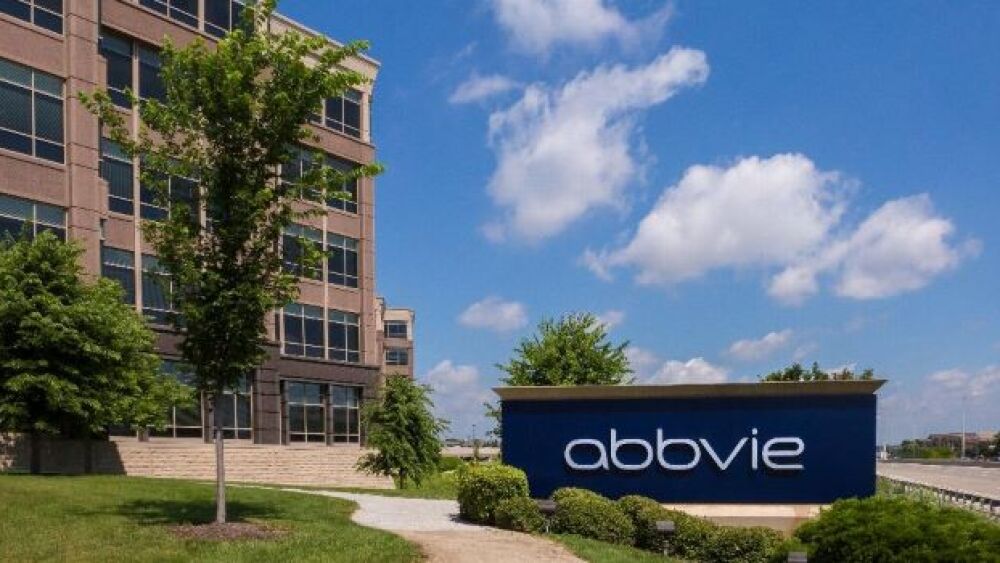AbbVie’s Allergan Aesthetics announced it was buying Soliton in a deal worth about $550 million. Now, the Federal Trade Commission has requested additional information about the deal.
© AbbVie Inc. All rights reserved.
In May, AbbVie’s Allergan Aesthetics announced it was buying Soliton in a deal worth about $550 million. Now, the Federal Trade Commission (FTC) has requested additional information about the deal, according to a filing by Soliton with the U.S. Securities and Exchange Commission (SEC) on August 6.
The request has added another 30 days to the schedule after the two companies comply with the second request unless it is extended by either company or terminated earlier by the FTC.
Under the deal’s original terms, Allergan Aesthetics, best known for BOTOX and CoolSculpting, will pay $22.60 per share for each Soliton outstanding share. The key value in the sale is Soliton’s RESONIC, a novel technology platform that leverages non-invasive, high-frequency sound waves to disrupt targeted cellular structures and connective tissue. The U.S. Food and Drug Administration (FDA) granted it 510(k) clearance for temporary improvement and appearance of cellulite and for use with laser tattoo removal.
At the time, Carrie Strom, AbbVie senior vice president and president, Global Allergan Aesthetics, stated, “There is a huge unmet need to address cellulite and effective treatments have been elusive and frustrating for consumers. Soliton’s technology offers a new, completely non-invasive approach with clinically proven results to reduce the appearance of cellulite with no patient downtime.”
AbbVie acquired Allergan, completing the acquisition in May 2020 for $63 billion. The FTC has indicated that it is increasing its reviews of certain mergers, with pharma being one particular area of interest. Acting FTC Chairwoman Rebecca Kelly Slaughter has indicated that AbbVie’s acquisition of Allergan was one of the recent deals that caused the agency to increase its scrutiny.
Just last week, AbbVie returned rights to a product it picked up in the Allergan acquisition. It terminated the license and collaboration deal with Molecular Partners for abicipar pegol. The original agreement was between Allergan and Molecular Partners. When AbbVie acquired Allergan, the rights to the drug were transferred to AbbVie.
The FDA rejected the drug for neovascular age-related macular degeneration (nAMD) on June 26, 2020. The rejection was over safety concerns. The drug had been studied in two identical Phase III trials, CEDAR and SEQUOIA, comparing abicipar pegol to Genentech’s Lucentis (ranibizumab).
The drug hit the primary endpoint, which was the proportion of patients with the best corrected visual acuity (BCVA) change from baseline less than or equal to 15 letters in the study eye at Week 52. It was non-inferior with similar efficacy to Lucentis after six or eight injections compared to 13 Lucentis injections at 52 weeks.
With the return of the drug, Molecular Partners said it expects to create a special committee to evaluate the program and decide what the next steps are. Molecular Partners will collaborate with AbbVie to study other Designed Ankyrin Repeat Proteins (DARPin) candidates for ophthalmic diseases.
In the filing with the SEC, Soliton stated that it and AbbVie would “continue to work cooperatively with the FTC staff in its review of the proposed transaction.” In addition, both companies expect to keep their original timeline for the deal, which they believe will close in the second half of 2021.
Featured Jobs on BioSpace





